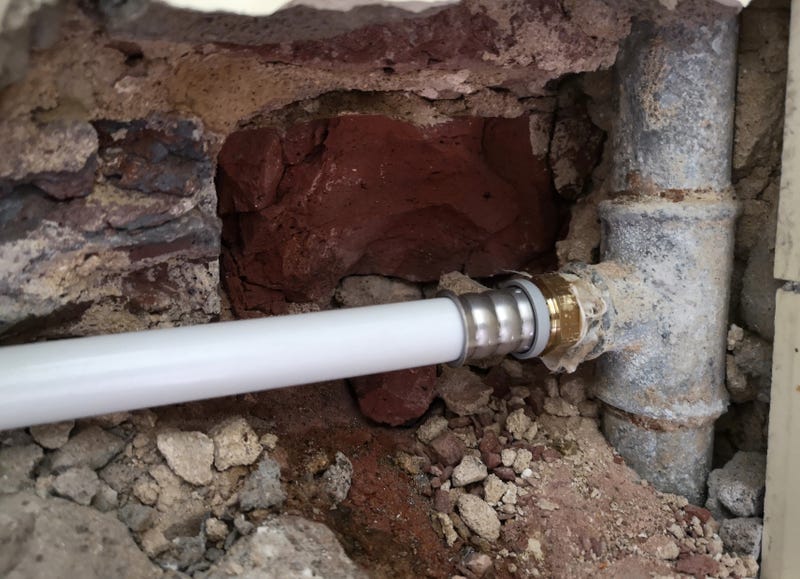
“It's done and Minnesota's will be healthier for it.”
That is Governor Tim Walz, after signing a bill that will remove and replace about a 100,000 lead pipes in Minnesota. Those pipes drain lead into the drinking water systems across the state.
“All cities must have a comprehensive map of their lead service lines by October of 2024,” says the bill author, State representative Sidney Jordan (DFL- Minneapolis).
Jordan joined the governor and Mayor Melvin Carter at St. Paul Water Services, which has already started the process of mapping out where those homes are located across the city.
“For thousands of households across our city, once it gets right to the end point, once it gets right there to the house, it picks up lead in some of our lead service lines that connect our homes to our water main,” said Carter. “That’s not acceptable to us.”
The cost to homeowners is “prohibitive” when it comes to replacing lines according to Carter. Prior to this bill, homeowners and municipalities had been picking up the cost of replacing the lead pipes. The bill also sets aside funding to do surveillance across the state and map out the location of lead service lines since many don’t know if they have lead pipes.
According to the Minnesota Department of Health, lead is a poisonous metal that can cause long-term health and behavioral problems. The main way to come in contact with lead in Minnesota is through lead-based paint in homes built before 1978. There are also many other ways to come in contact with lead, including through drinking water.
Experts say that coming into contact with lead can damage the brain, kidneys, and nervous system in children. It can also slow development, causing learning behavior and hearing problems.
The bill provides about $240 million in grants to pay for the improvements.

